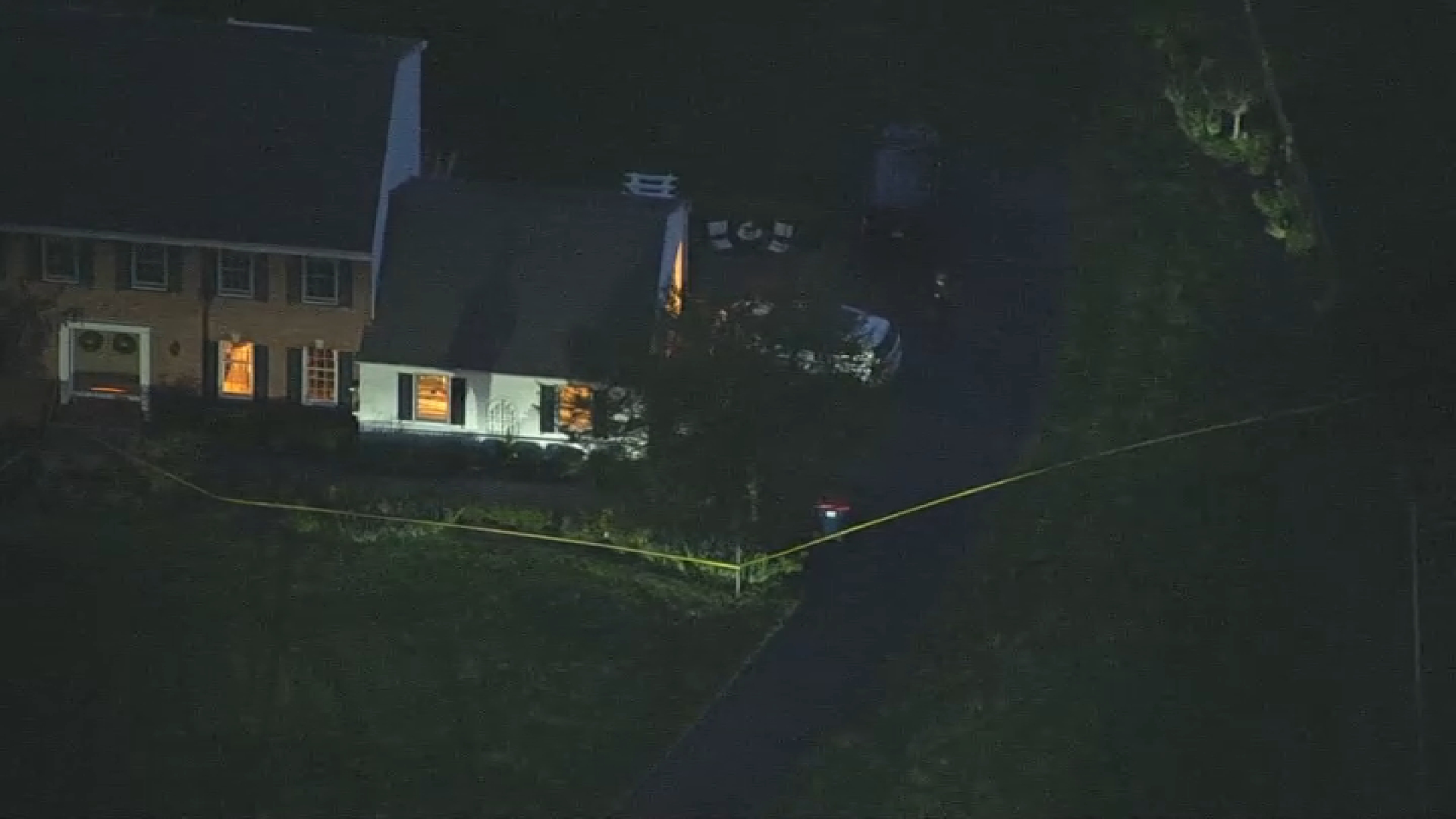A federal judge on Tuesday ordered prison officials to end a convicted murderer's stay in solitary confinement after 36 years, saying any concerns he might try to escape were outweighed by arguments he has endured cruel and unusual punishment.
U.S. Middle District Judge Christopher Conner gave prison officials and lawyers for 64-year-old Arthur Johnson a week to develop a plan for mental health monitoring and to continually increase contact with other inmates and visitors. He set a target of 90 days to complete the transition after being transferred to an appropriate facility.
"It is difficult to conjure up a more compelling case for reintegration to the general prison population," Conner wrote. "After 36 years of isolation, Mr. Johnson deserves the opportunity to shake hands with someone other than his attorneys."
Johnson made several escape attempts after being convicted of the 1970 murder of a man during a street fight in Philadelphia, but officials describe him as having been a model prisoner for the past 25 years.
Conner said that during an injunction hearing in July, Johnson said his prolonged isolation has caused sleeplessness, anxiety, depression, obsession behavior, anger, loss of concentration and despair.
Johnson's 7-by-10-foot cell, containing a TV, radio, bed, desk and toilet at the prison in Frackville, about 100 miles northwest of Philadelphia, is illuminated at all hours. He gets one hour in a small caged-in area of the prison yard five days a week and is taken to showers in handcuffs three times a week.
All of his family members are dead, and he has had no physical contact with family or friends in 36 years, the judge wrote.
Local
Breaking news and the stories that matter to your neighborhood.
Johnson was cited for misconduct at least 90 times early during his incarceration and then tried to escape in 1979, 1984 and 1987. The December 1979 escape attempt, at a state prison in Pittsburgh, involved binding, gagging and locking a prison guard in a cell, and Johnson was found with two loaded zip guns, Conner noted.
"To confine an inmate to isolation indefinitely, absent a tenable threat, cannot be justified under the guise of institutional security," the judge wrote.
Over the past 25 years, Johnson has received only one misconduct citation, for having a multivitamin in his cell.
"I behave every way that they told me I was (supposed) to behave, and it really doesn't mean nothing at all," Johnson testified in July, Conner wrote.
Johnson said he was reluctant to complain about his mental health because, he told the judge, he was "brought up not to complain."
A spokeswoman for the Corrections Department said the matter was under review, and declined comment.



